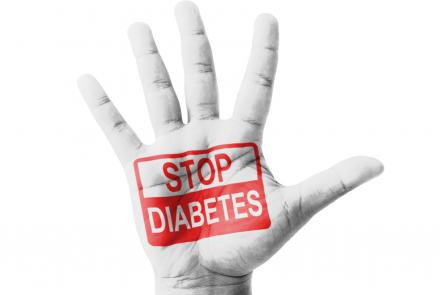U.S. Food and Drug Administration has approved once-daily XIGDUO™ XR (dapagliflozin and metformin hydrochloride extended-release) for the treatment of adults with type 2 diabetes. It is already approved in Australia
XIGDUO XR combines two anti-hyperglycemic agents with complementary mechanisms of action, dapagliflozin (trade name in the U.S. FARXIGA™), an inhibitor of sodium-glucose cotransporter 2 (SGLT2), and metformin hydrochloride (HCl) extended-release, a biguanide, in a once-daily oral…
Diabetes
- Harvard stem cell researchers today announced that they have made a giant leap forward in the quest to find a truly effective treatment for type 1 diabetes, a condition that affects an estimated 3 million Americans at a cost of about $15 billion annually. With human embryonic stem cells as a starting point, the scientists are for the first time able to produce, in the kind of massive quantities needed for cell transplantation and pharmaceutical purposes, human insulin-producing…
- The U.S. FDA today approved Trulicity (dulaglutide), a once-weekly subcutaneous injection to improve glycemic control (blood sugar levels), along with diet and exercise, in adults with type 2 diabetes. "Type 2 diabetes is a serious chronic condition that causes blood glucose levels to rise higher than normal,” said Mary Parks, M.D., deputy director of the Office of Drug Evaluation II in the FDA’s Center for Drug Evaluation and Research. “Trulicity is a new treatment option, which can be used…
- Artificial sweeteners may contribute to soaring levels of diabetes, according to a controversial study that suggests the additives could exacerbate the problem they are meant to tackle. Researchers in Israel found that artificial sweeteners used in diet drinks and other foods can disrupt healthy microbes that live in the gut, leading to higher blood sugar levels – an early sign of diabetes. But the study has left many experts unconvinced. The findings draw largely on tests of just one sweetener…
- People who live in neighborhoods that are conducive to walking experienced a substantially lower rate of obesity, overweight and diabetes than those who lived in more auto-dependent neighborhoods, according to a pair of studies presented at the American Diabetes Association's 74th Scientific Sessions. http://www.diabetescare.net/article/title/neighborboods-that-encourage-walking-reduce-obesity-and-diabetes Those who read this, also read one of our contributor's journey as a diabetic for…
- Diabetes is making an increasingly important contribution to the TB epidemic and a 52% increase in diabetes prevalence recorded over the last 3 years in the 22 highest TB burden countries is thought to be responsible for a rise in diabetes-associated TB cases from 10% in 2010 to 15% in 2013,” says the Lancet study to be published in the medical journal this week. Read more here Diabetes has long been known to be a risk factor for active tuberculosis and reactivation of latent tuberculosis…
- AstraZeneca and Mitsubishi Tanabe Pharma said on Wednesday they said signed a three-year research collaboration into diabetic nephropathy, or kidney failure due to diabetes. http://news.yahoo.com/astrazeneca-mitsubishi-tanabe-diabetes-research-064428458--finance.html
- "In Tamil Nadu, it was found that 2,66,661 women above the age of 30 years were diabetic,," the health minister said. Terming diabetes as a killer disease, he recommended that people should exercise more regularly. http://timesofindia.indiatimes.com/City/Trichy/Number-of-women-affected-by-diabetes-on-the-rise/articleshow/38768515.cms
- Researchers have suggested that people with diabetes may be more prone to depression because of an interaction in this group between high blood sugar levels and a neurotransmitter associated with depression. The team presented their findings at the joint meeting of the International Society of Endocrinology and the Endocrine Society: ICE/ENDO 2014 in Chicago, IL. Previous research has suggested links between diabetes and depression, but scientists have been unsure of the…















